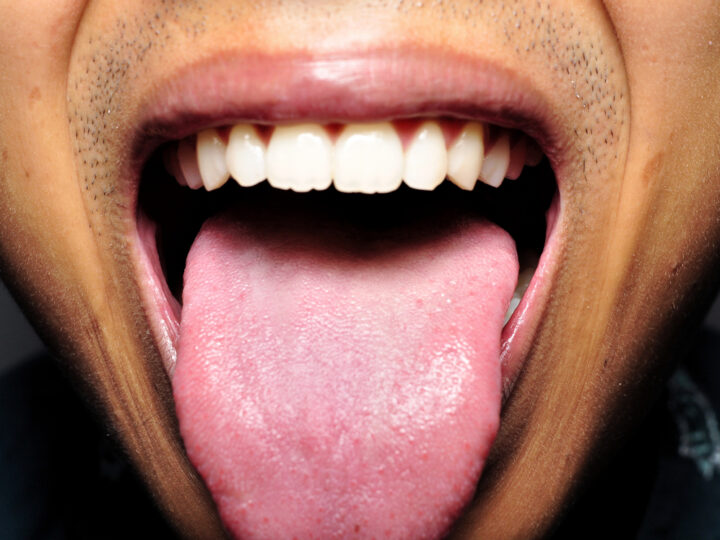TOPICAL TCM
What Are The Benefits And How Do I Make My Own

When you think of traditional Chinese medicine, what comes to mind? Acupuncture, herbal remedies and tonics, right? Well, there’s also topical TCM remedies that you can use. Typically, topical remedies can be used alongside herbal remedies in a Chinese medicine treatment plan. In fact, you can make your own at home! Let’s look at topical TCM and how to make your own concoctions.
Why TCM Topical Remedies?
To start, many people find that using TCM topical remedies can help with skin conditions or pain and injuries. Research has been done on using Chinese herbal remedies for skin and soft-tissue infections (SSTIs.) TCM herbal remedies can be taken orally, and also used topically for immediate relief. For example, if you have eczema you may find topical TCM remedies helpful.
If you have Chinese herbs at home that you take orally, you can also make your own lotions and salves to get extra benefits.
Best TCM Herbs for Topical Remedies
 When it comes to which herbs to use in topical remedies, the choices can be overwhelming. Speaking with a TCM herbalist can help you pinpoint the best herbs for your specific condition. If you’re planning to use topical remedies to improve your skin and restore the natural glow, here are some of the best herbs to use:
When it comes to which herbs to use in topical remedies, the choices can be overwhelming. Speaking with a TCM herbalist can help you pinpoint the best herbs for your specific condition. If you’re planning to use topical remedies to improve your skin and restore the natural glow, here are some of the best herbs to use:
Goji Berries
Goji berries are a traditional Chinese medicine remedy that focuses on strengthening the kidneys. As for using them in topical TCM, they contain zinc oxide which is commonly found in sunscreen to block out UV rays. Goji berries can also boost collagen and elastin production, so they’re excellent to add to a TCM topical remedy.
Ginkgo Biloba
Ginkgo biloba is known for its memory boosting properties in TCM, but it’s also a great topical remedy. This is because gingko is full of antioxidants that protect your skin from damage and premature aging.
Licorice Root
Licorice root is known for its anti-inflammatory properties in TCM. When it comes to topical care, licorice can reduce blemishes and acne.
Ginseng
 We love ginseng in TCM. It’s got something for everyone, and is one of the most popular Chinese herbs. For the skin, ginseng can protect it from UV damage and increase collagen production.
We love ginseng in TCM. It’s got something for everyone, and is one of the most popular Chinese herbs. For the skin, ginseng can protect it from UV damage and increase collagen production.
Nettle
Stinging nettle has been used for hundreds of years in TCM to treat bodily ailments like arthritis and muscle pain. Research also shows that nettle can be used directly on wounds to heal the skin. Add it to the list of herbs to throw in your TMC topicals!
Bu Gu Zhi
Bu Gu Zhi, Bakuchiol, Psoralea Corylifolia has been used for centuries in both Chinese Medicine and Ayurveda. Bu Gu Zhi is a phytochemical extracted from the seeds of the Babchi plant. Traditionally it has been used to reduce inflammation and treat skin conditions such as psoriasis, vitiligo and eczema. It is being studied as an alternative to retinol.
How to Make Chinese Herb Topicals
If you have fresh Chinese herbs laying around, try making a Chinese herb-infused oil. This is a great way to utilize herbs topically so they don’t go to waste. To make an infused oil, you can use either dried or fresh herbs and you’ll still get the benefits. All you need to get started are:
- Fresh or dried Chinese herbs
- Cheesecloth
- A carrier oil such as olive oil, coconut oil, or almond oil
- A glass jar such as a mason jar
After you’ve collected your supplies, you’ll want to follow these steps:
- Finely chop your herbs
- Clean your jar and make sure there are no leaks
- Fill your jar full with herbs
- Cover the herbs in oil
- Make sure they are all saturated
- Cover the jar, shake it and leave it for 3-6 weeks
- Strain the oil into storage containers with your cheesecloth
And there you have it. A simple and affordable way to turn your TCM herbs into a topical solution at home. Salves are a very common application topically. Once you have the infused oils, you can turn it into salves, and lotions too!
Making a TCM Herbal Salve
 Looking for another way to use your new TCM oils? Try making a salve! You’ll need to heat your oil in a double broiler and add natural wax such as beeswax slowly. Stir it until everything melts together and pour it into a jar.
Looking for another way to use your new TCM oils? Try making a salve! You’ll need to heat your oil in a double broiler and add natural wax such as beeswax slowly. Stir it until everything melts together and pour it into a jar.
A great idea for a TCM salve is a Moxa Salve. Moxa or Mugwort or Ai Ye is often used by burning it on or near the skin. A common use is to promote healing with the warming qualities of this herb. It is effective at relieving pain which is caused by stagnation.
Chinese Herbal Lotion
Another option is to use your infused herbal oils for lotion. If you used coconut oil for your infusions, a salve will be easier for you to make. If you use a lighter oil, you’ll be able to make an easy to pump lotion. The key to making lotion out of infused TMC oils is to use an emulsifier.
You’ll start the same way you would to make a salve, and will also need wax. Melt the oil and wax in a double boiler, and then mix the wax concoction with some of the hot water in a jar. Blend the ingredients together until they are emulsified and mixed well. Then you’ll have a lovely smelling Chinese herbal lotion!
Chinese Medicine Liniments
Herbal liniments made with Chinese herbs are used to relieve pain and inflammation and have been used for thousands of years. Liniments are used extensively among martial artists and athletes and were even intended to heal broken bones. Zheng Gu Shui is an ancient remedy and temporarily relieves minor aches and pains of muscles and joints due to simple backache, strains, bruises and sprains. Many people have found Zheng Gu Shui helpful for all kinds of pain from carpal tunnel to arthritis.You can find many ancient formulas often based on thousand year old Traditional Chinese Medicine (TCM) recipes handed down for generations. Evil Bone Water is useful to have on hand, especially for the sports enthusiast.
Final Thoughts
There are so many great ways to incorporate Chinese herbs into your life. Using them topically and making your own oils and lotions can be a great hobby! Try it out today and let us know what you think.
Newer
Oral Health 101: The Eastern Medicine Take
Older
How to Use Chinese Medicine to Give Your Brain a Boost
Comments (0)
Leave a reply
You must be logged in to post a comment.




